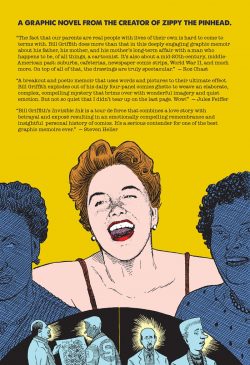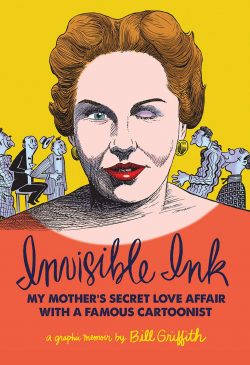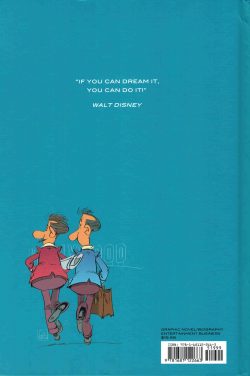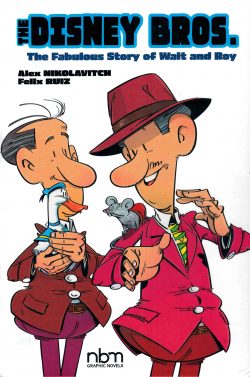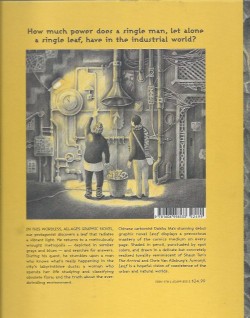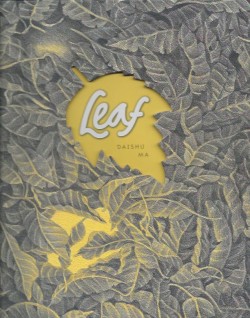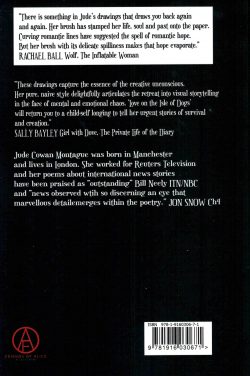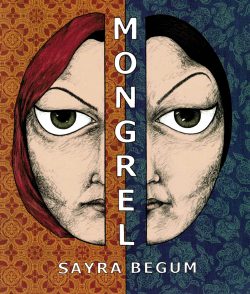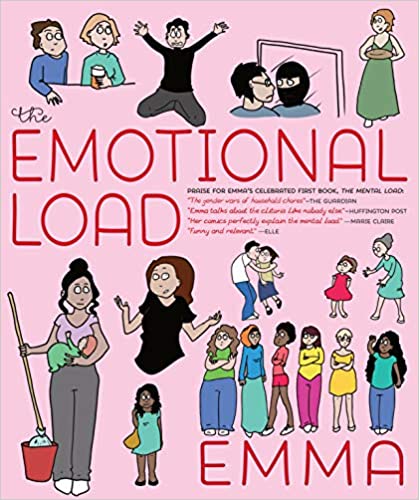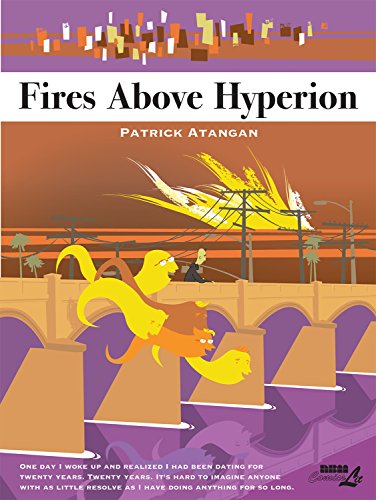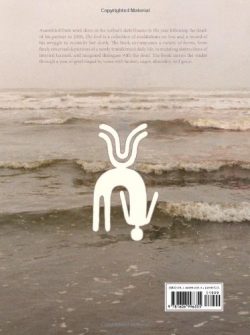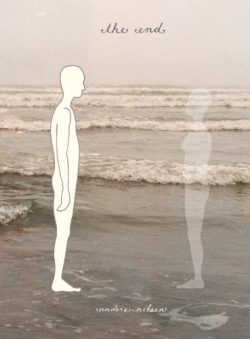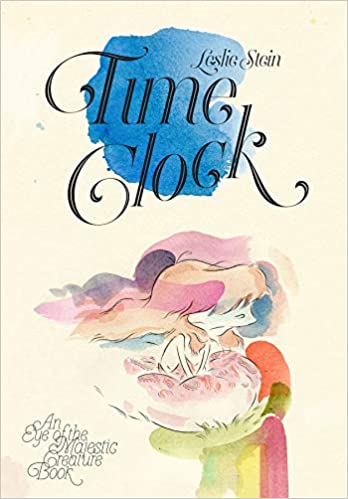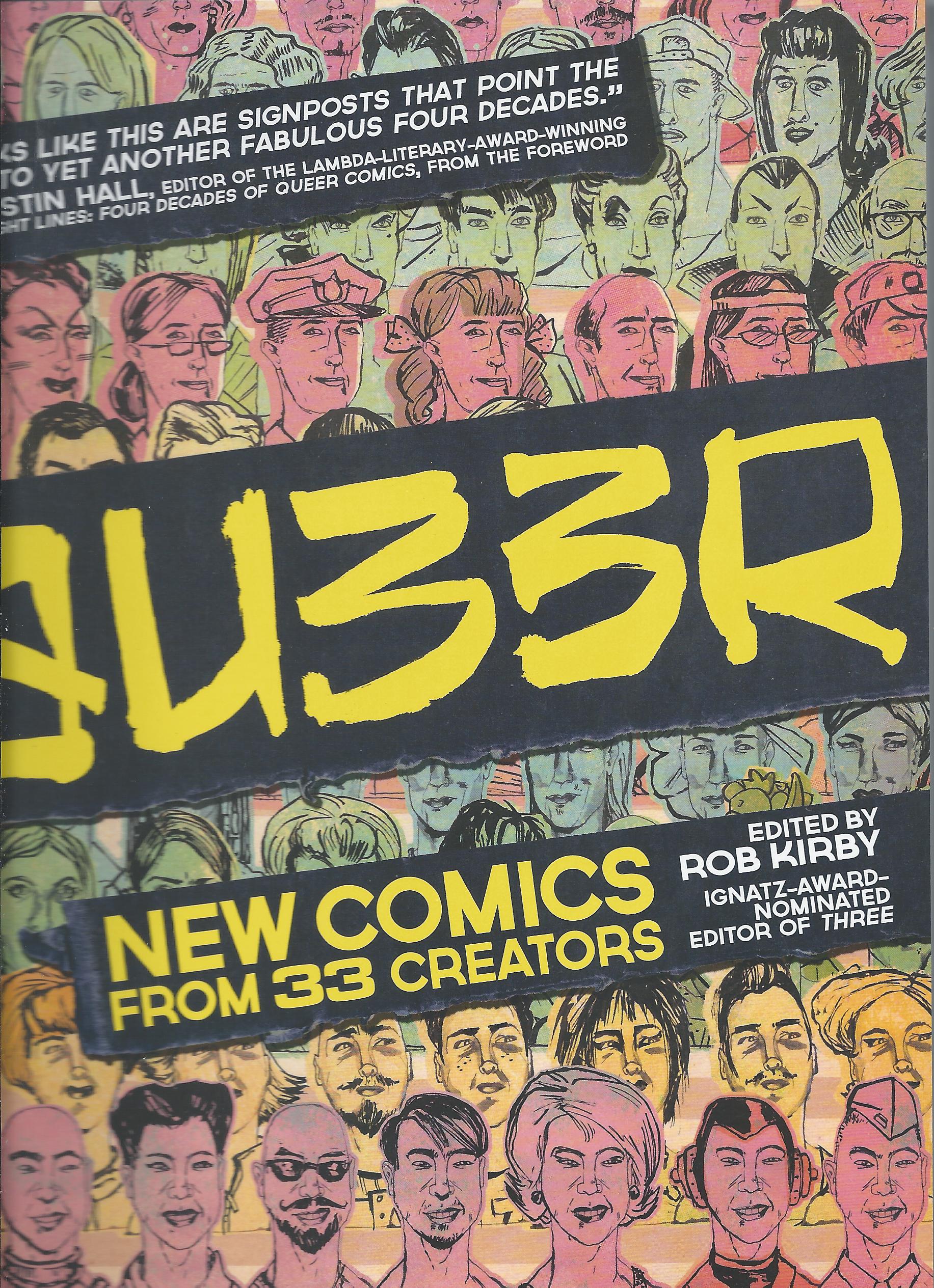
By various; edited by Rob Kirby (Northwest Press)
ISBN: 978-1-93872-038-3 (HB) 978-1-93872-036-9 (TPB)
It’s long been an aphorism – if not cliché – that LGBTQ comics are the only place in the graphic narrative business to regularly portray real romance.
It’s still true: an artefact, I suppose, of a society which seems determined to demarcate and separate sex and love as two utterly different – and possibly even opposite – things. I’d like to think that here and now – in most places – we’ve outgrown the juvenile, judgemental, bad old days and can simply appreciate powerful, moving and funny comics about people of all sorts without any kind of preconception, but that battle’s still not completely won yet. Compendia such as this classic tome – available in hardback, paperback and digital editions – helped and continues to aid the fight…
In this superb anthology – with contributions from 33 Lesbian, Gay, Bisexual, Transgender and/or Queer (IE- questioning their sexual identity) craftspeople and creators – love stories are not all that’s on offer. The authors and artists cajoled and shepherded by Rob Kirby (Curbside Boys, The Books of Boy Trouble) have produced revelatory ponderings, satires, comics-reportage, pastiches, comedies, thrillers, horror stories and superhero adventures, as well as many superb pictorial narrative diaries and autobiographical pieces to complement the wild, heady romances inescapably on offer.
Oh, and (hold on while I switch to bold) there’s sex and swearing: rather a lot and sometimes a bit graphic, so if you’re liable to be upset by words and pictures of an adult nature (such as joyous, loving fornication between two people separated by age, wealth, social position and race who happily possess and constantly employ the same type of naughty bits on each other) then go away and read something else.
In fact, just go away.
It all begins with a Foreword by Justin Hall (No Straight Lines: Four Decades of Queer Comics, Glamazonia, True Travel Tales, Hard to Swallow) recapitulating just how far the industry and society have come since Mary Wing’s self-published Come Out Comix in 1973. That breakthrough opened doors for thousands of other non-hetero creators, and here editor Rob Kirby’s Introduction places this contemporary compendium of “Alt/Queer comics†in its contextual place leaving nothing for us to do except enjoy the ride…
It all begins with ‘Porno’ by Eric Orner, wherein the artist beguilingly relates key moments and situations from his past whilst ruminating upon his relationship with his dad, after which Annie Murphy’s ‘Mother’s Sisters’ offers similar family insights by searching through the pages of a faux-photo-album.
MariNaomi then beautifully explains how, if not why, ‘Three’s a Crowd’ for a date-shy lass, whilst Ed Luce’s dance hall days in a Death-Metal mosh pit are hilariously described in ‘Wuvable Oaf presents Kindness of Strangers’.
‘The Transformers – a True Story’ (by Dylan Edwards) is a moving, memorable account of growing up “differentâ€; an oft-repeated experience recapitulated in Diane DiMassa’s girlish tale of young love ‘Born Qu33r’.
Always compelling and challenging, Justin Hall hits home hard here with ‘Seductive Summer’ and the doomed affair of two young men with very different causes for their feelings of attraction, isolation, alienation despair and doom. ‘Just Another Night in Carbon City’ (Jennifer Camper) then offers a grimly witty noir crime tale with not a Tough Guy in sight…
‘Sissy That Walk’ by Eric Kostiuk Williams incisively relates the fan reaction to RuPaul’s Drag Race show before a meaningful conversation occurs between two old friends in Kris Dresen’s ‘Chop Suey’ and Tyler Cohen presents us with one enigmatic possible tomorrow in ‘Flux’…
‘So Young, So Talented, So What?!’ is an engaging and often scary comic jam by Jennifer Camper & Michael Fahy, couched in the cautionary tale of a young artistic boy lost even before he reaches the Big City; followed by a triptych of Fahy’s narrative gallery images and strips entitled ‘Found’, ‘O’Hara Song’ and ‘Hazily Remembered Drag Queens’.
Edie Fake then plays coy and arch at the ‘Sex Club’, whilst José-Luis Olivares indulges in ‘Online Fantasy’ and Steve MacIsaac lets his mind wander back into thoughts of unpleasant school days in ‘Vacant Lots’, before wishful thinking and wistful hope poignantly meet in ‘For Fletch and Ruski, Spooner, and Calico’ by Rick Worley.
‘Life’s but a Walking Shadow’ (Christine Smith) silently scours the college scene with a couple of kids who haven’t found their way yet whilst ‘Political Will’ by Carlo Quispe reveals the inescapable highs and lows of the party scene
Do you remember Private Manning? The young soldier was an intelligence analyst in Iraq in 2009, releasing thousands of classified documents to the horrified world. The records were leaked via a hacker named Lamo and the then-transgender Bradley was communicating via electronic media. Here Andy Hartzell imaginatively and mesmerising illustrates those game-changing chat logs in ‘Manning/Lamo Project’ to create possibly the most engrossing piece in this wonderful book.
‘Toot Toot Heyyyyyyy Beep Beep’ by Carrie McNinch describes a first emotional connection and the fall of Skylab before Rob Kirby recounts his own dating dilemma in ‘Music for No Boyfriends’ and local London lad Sina Sparrow proves there’s no such thing as carefree love in ‘If You Want Me to I Will Be The One Who Is Always Good’…
Superheroes and wry humour inform Ivan Velez, Jr.’s ‘Oso Oro – the night I got my hero card…’ with the protagonist falling foul of the masked community’s precarious pecking order after which ‘Coming Out With the Bunksteads’ (by Arch-Bishop of Gay Comics Howard Cruse) hilariously turns venerable family strip Blondie on its head with a little coming-out confession, whilst author and “Officially Out†professional wrestler Terrance Griep relates ‘The Second Most Asked Question’ about his grappling career, with Rob Kirby supplying the excruciating visual details…
A different type of “tension and differences in the band†are disclosed in Craig Bostick’s ‘Guitar Bass Drums’before‘Burger Meister: a Story of Love and Loss’ by Amanda Verwey focuses on a tragic miscommunication and Comedy of desperate-dating Errors, before Nichole J. Georges describes just another date in the whimsically wonderful ‘Grief’.
David Kelly helpfully shares a few very sensible ‘Tips to a Teen-Age Me’ whilst Marian Runk offers some captivating memories and suggestions of her own in ‘This Winter, I Practiced Being Alone’…
‘Miss Sasha Velour’ (by Sasha Steinberg) then shows you don’t need to be armed to be Fabulous, and Jon Macy graphically examines his relationship with his heroes in a powerfully self-searching untitled graphic musing on Oscar Wilde, Frankenstein’s Monster, Djuna Barnes, Raymond Chandler and Charles Mingus before ‘Confession’ (L. Nichols) rounds off the comics cavalcade with a light-hearted affirmation about finding yourself…
Situated between pin-up Drag in 1969 (Sasha Steinberg), and untitled pieces from MariNaomi and L. Nichols – plus one last strip starring ‘School Girls’ by Camper – About the Creators then briefs you on the talented story-makers and where else to find their work whilst a copious Special Thanks section gratefully name-checks the contributors and the investors on KickStarter who paid to make the project happen, ending this glorious rainbow-hued book of bright ideas and colourful yarns on an exceedingly positive and life-affirming note.
QU33R remains a superb example of comics celebrating determination and difference: sensitive, evocative, romantic and humorously engaging “people stories†which any open-minded fan can’t help but adore. There’s not much fighting but plenty of punch, and in an ideal world this book would be readily available in every school and library for any confused kid in need of inspiration, comfort, understanding, encouragement and hope.
QU33R, the collection is © 2014 Rob Kirby. The individual art and writing contributions are © 2014 the original artists and writers. All rights reserved.

